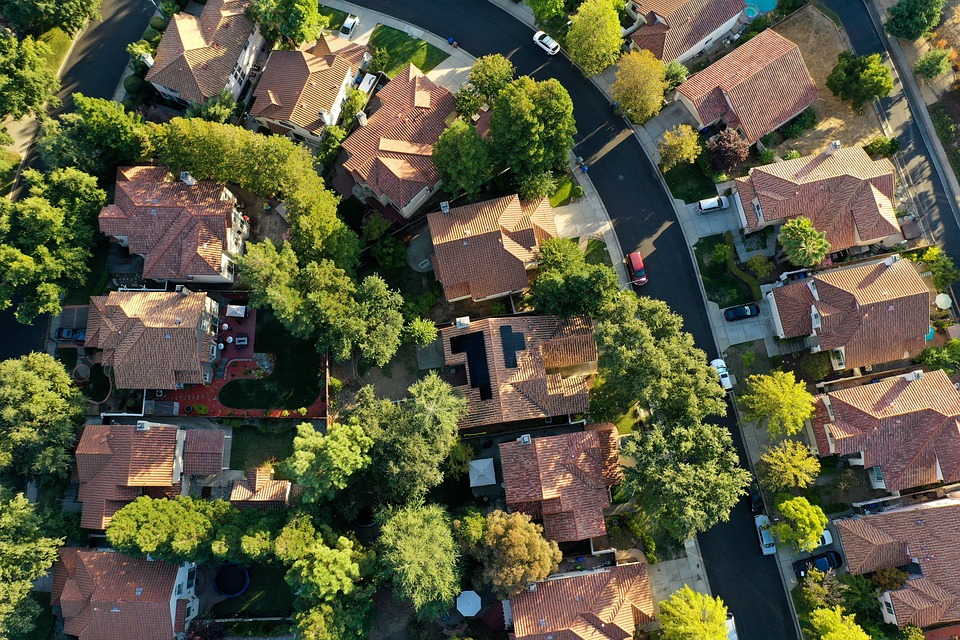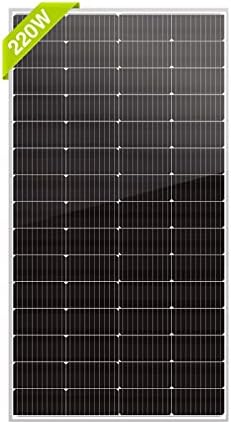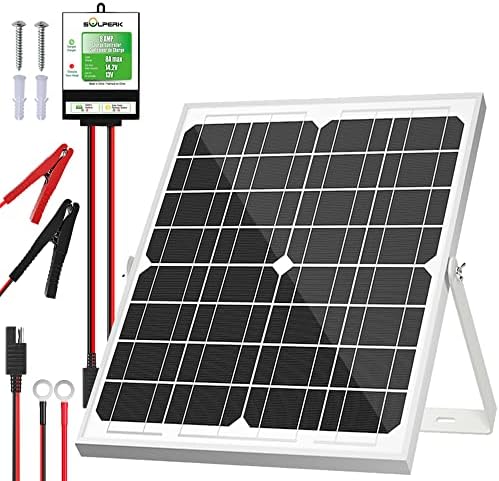When I first started living off the grid, one of the biggest challenges was finding a reliable source of energy. After researching different options, I decided to invest in solar panels as a sustainable and environmentally-friendly solution. However, I quickly realized that there are two main types of solar panels available: flexible and rigid. Both have their own set of advantages and disadvantages, and choosing the right type for your off-grid lifestyle is crucial. In this article, we will provide a comprehensive comparison of flexible vs. rigid solar panels, covering everything from their installation and durability to their efficiency and portability. So, whether you’re considering going off the grid or simply looking to supplement your existing energy sources, this article will help you make an informed decision.
Installation and Setup
When it comes to installation, rigid solar panels are typically mounted on a fixed frame, either on the roof of a building or on the ground. This makes them a permanent fixture, which can be both an advantage and a disadvantage. On the one hand, they require a solid and flat surface for installation, which can limit their flexibility. On the other hand, once installed, they are relatively low-maintenance and provide a consistent source of energy.
In contrast, flexible solar panels can be easily integrated into a variety of surfaces, such as curved roofs or even backpacks. This makes them ideal for off-grid living, as they can be adapted to different environments and are more portable. However, their flexibility also means that they require a more careful installation process to ensure that they are not damaged or inefficient.
Durability and Lifespan
Rigid solar panels are known for their durability and longevity, with many manufacturers offering warranties of 25 years or more. This makes them a reliable long-term investment for off-grid living, as they can withstand harsh weather conditions and daily wear and tear. Additionally, their solid frame provides added protection against impact and other potential damage.
On the other hand, flexible solar panels may not be as durable as their rigid counterparts, due to their thin and lightweight design. While they are often made with materials that are resistant to punctures and tears, they are still more vulnerable to damage from the elements. However, advancements in technology have led to more resilient and long-lasting flexible panels, making them a viable option for off-grid living.
Efficiency and Power Output
When it comes to efficiency, rigid solar panels tend to have a slight edge over flexible panels. This is because rigid panels are typically made with monocrystalline or polycrystalline cells, which are known for their high energy conversion rates. Additionally, their fixed installation allows for optimal positioning and angling to maximize sun exposure.
Flexible solar panels, while slightly less efficient, have made significant advancements in recent years. Many manufacturers now offer flexible panels with high-efficiency monocrystalline cells, which can produce comparable power outputs to rigid panels. Additionally, their lightweight and portable nature allows for greater flexibility in positioning and angling, making them a practical choice for off-grid living.
Portability and Flexibility
One of the biggest advantages of flexible solar panels is their portability and adaptability. Their lightweight and bendable design make them easy to transport and install in a variety of settings, making them ideal for off-grid living. Whether you’re camping in the wilderness or sailing the open seas, flexible panels can be easily integrated into your lifestyle without taking up much space.
Rigid solar panels, on the other hand, are less portable and more permanent in nature. While they can be installed on RVs or mobile homes, their fixed frame and heavier weight make them less ideal for frequent travel. However, if you have a permanent off-grid setup, rigid panels can provide a reliable and consistent source of energy for your everyday needs.
Pro Tips for Choosing the Right Solar Panels
– Consider your off-grid lifestyle: If you’re constantly on the move, flexible solar panels may be the better option for their portability and adaptability. However, if you have a more permanent off-grid setup, rigid solar panels may provide a more reliable and consistent source of energy.
– Assess your energy needs: Before investing in solar panels, calculate your energy consumption and determine how much power you need to generate. This will help you choose the right type and size of solar panels to meet your off-grid living requirements.
– Research reputable manufacturers: When purchasing solar panels, be sure to research and compare different manufacturers to find the most reliable and efficient options. Look for warranties and customer reviews to ensure that you’re making a sound investment for your off-grid lifestyle.
In conclusion, both flexible and rigid solar panels have their own set of advantages and disadvantages, making them suitable for different off-grid living scenarios. By considering factors such as installation, durability, efficiency, and portability, as well as pro tips for choosing the right solar panels, you can make an informed decision that best suits your off-grid lifestyle. Whether you’re looking to supplement your existing energy sources or completely live off the grid, solar panels offer a sustainable and reliable solution for your energy needs.



